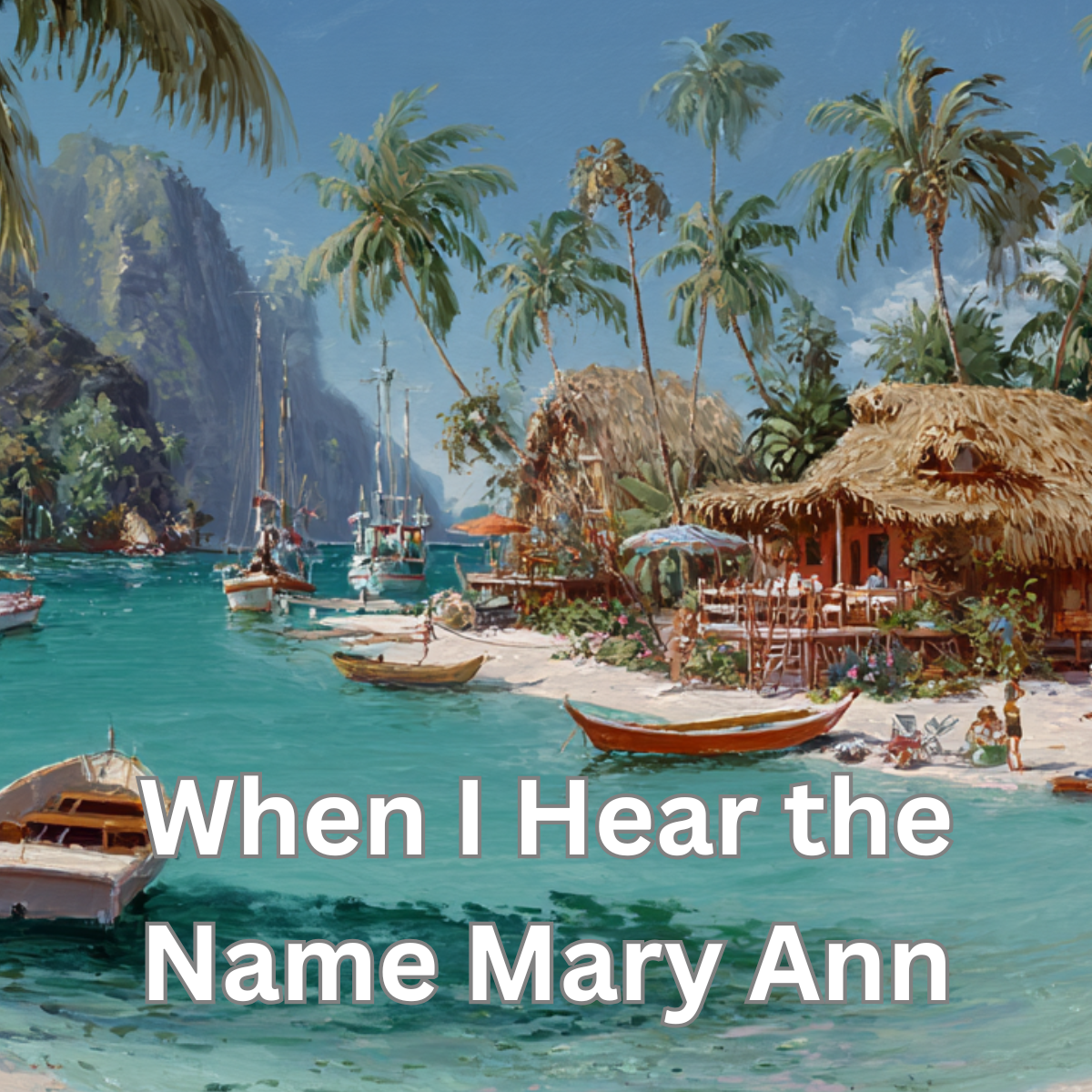I saw another post today about the supposed contract that Dawn Wells and her husband negotiated for her role as Mary Ann on the 1960s television show Gilligan’s Island. These posts usually try to inspire us with the idea that Wells accepted lower pay per episode in exchange for royalty rights, and that she was the only cast member to make millions because she was bold enough to take a risk.
Let me be clear: this is absolutely false. I’m not sure why this story keeps resurfacing on social media, but it’s simply not true.
Dawn Wells did not become rich from Gilligan’s Island. She, and the rest of the cast, never received residuals. And the so-called “shrewd businessman” husband who supposedly orchestrated her savvy contract? He divorced her shortly after the show was canceled.
I understand the motivational intent behind these viral claims, but why not focus on the truth? In many ways, the truth is actually more inspiring than the made-up tale.
The real savvy negotiator in this story wasn’t Dawn’s husband or her agent. It was Sherwood Schwartz, the creator, writer, and executive producer of Gilligan’s Island. He’s the one who secured the syndication deal that transformed a 98-episode comedy into a global cash cow. It’s estimated that Schwartz earned around $90 million from Gilligan’s Island reruns alone. Add in the success of The Brady Bunch and his ownership of royalty rights, and his estate was worth nearly $200 million when he passed away.
Dawn Wells, on the other hand, passed away during the COVID-19 pandemic in a nursing home, with an estate reportedly worth less than $50,000. If there’s a story here about taking risks and reaping long-term rewards, then Sherwood Schwartz is the one to look at.
There’s an interesting contrast between these two figures, both highly visible during their careers. Sherwood Schwartz was deeply passionate and completely committed to his vision. He had a clear sense of what audiences would respond to, what messages his show should convey, and how to get it right. He wrote most of the first season himself, even contributing to the music. While he had CBS producers to contend with, Gilligan’s Island was, by all accounts, his vision, his humor, and his voice.
He viewed the show as a kind of social experiment: a microcosm of society, with diverse personalities forced to co-exist. He was right, it worked. By all accounts, he was a decent man with a strong moral compass. The only criticism that’s ever really stuck to him was how the cast was left out of the syndication windfall.
Dawn Wells, a former beauty queen from Nevada, had a long career in television and theater. Like her character Mary Ann, she was known for being beautiful, kind, witty, and warm. Despite some lingering bad feelings toward the Schwartz family over the years, Dawn never let that interfere with her love for the show. She kept in touch with her fellow cast members, supported reunion projects, and leaned into her legacy. She even wrote a few books, appeared at fan events, and won more than a few “Mary Ann vs. Ginger” Internet polls.
She had hard times. She experienced tragedy. She scraped together what she could to get by. But the real story? She was a person who stayed true to herself, had fun, and lived life the best way she knew how.
They died in stark contrast. Schwartz: wealthy, decorated, and honored as a sitcom legend. Wells: alone, suffering from dementia and COVID symptoms, nearly penniless.
He left behind a family, a fortune, and a Hollywood star.
She left behind a smile, a legacy, and a million broken hearts.
In the show’s first season, she didn’t even get name credit—she was simply one of “the rest.”
But now, she’s remembered around the world as Mary Ann, the cultural icon. Ask anyone who grew up with Gilligan’s Island who they remember most, and it won’t be Bob Denver in the bucket hat. It will be her.
She died as America’s sweetheart, remembered not for wealth or power, but for kindness, sincerity, and the joy she brought to others.
So, who got the most out of life? That’s hard to say. Do we measure by money, fame, or family? Or do we measure by legacy, by impact, by how others see us and remember us?
I’m sure Dawn Wells would have appreciated a royalty check or two. But she never spoke poorly of Sherwood Schwartz. And he, to his credit, never begrudged her place in the show, even if it took him a season to add her name to the theme song.
At the end of the day, they were two good people, doing the best they could with the opportunities they were given. And that’s where the real lesson lies, not in the fake motivational memes, but in the true stories of perseverance, character, and quiet dignity.
“When I hear the name Mary Ann, I will become Mary Ann.”
This was one of her last lines in the final episode, and perhaps that says it all.




